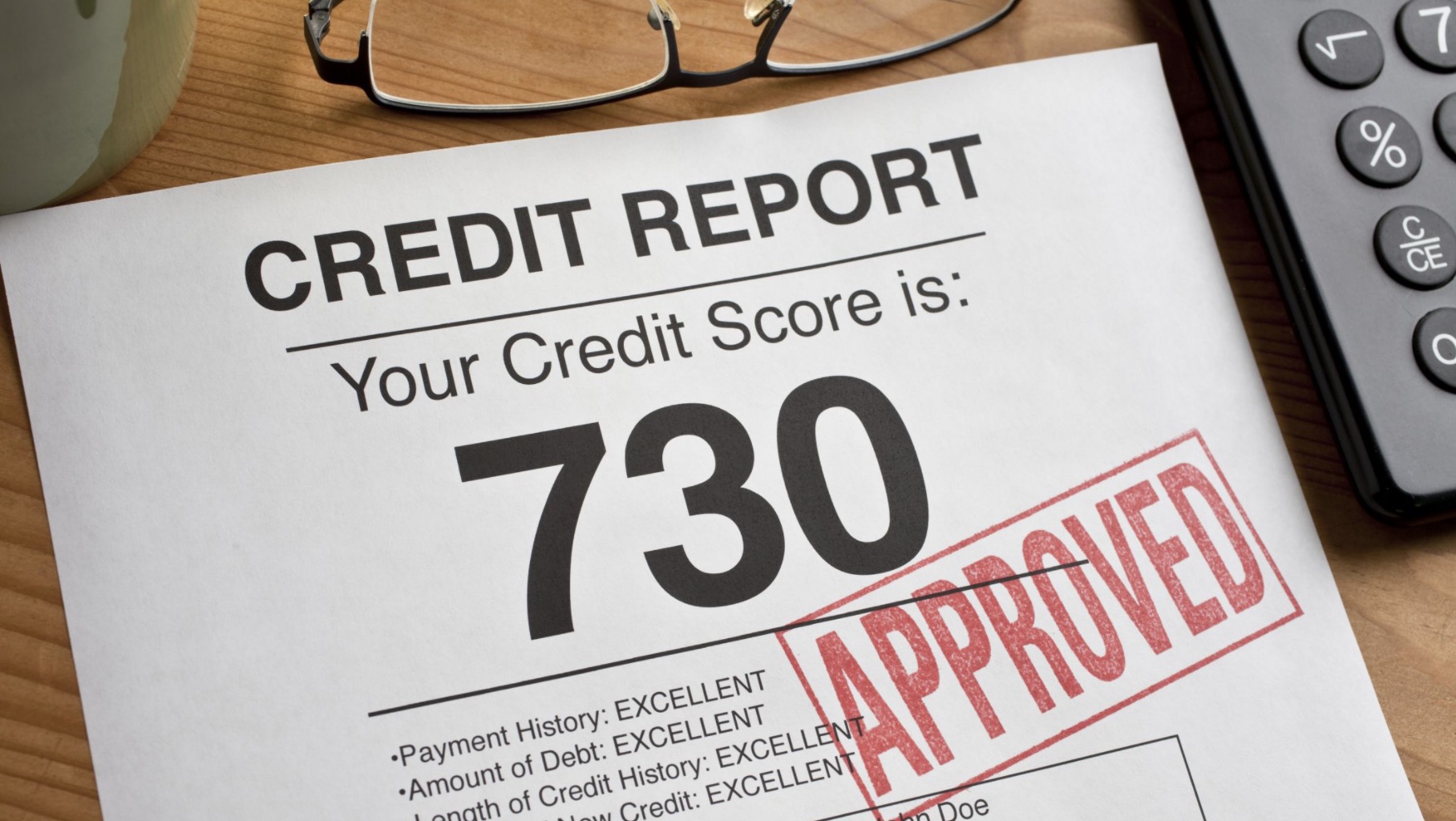A credit report is something that is built up over your lifetime and added to as you go through life and conduct financial transactions. This report may seem insignificant to some people because it is not something that they actually physically tend to use themselves. However, credit reports and scores are enormously important to anyone that hopes to be able to get finance in the future for anything from a home or a vehicle to a credit card or personal loan.
Credit reports play a vital part in your financial future and success, because it is the information that is contained in these reports that will provide potential lenders with an idea of how reliable you are when it comes to paying off what you owe and whether you are a high risk or not. If your credit report is healthy and positive then you have a far better chance of getting finance at affordable rates. If your credit report is dotted with problems, however, this can indicate that you are a risk to the lender, which means that you may have to pay much higher rates for your borrowing or could find yourself unable to get finance altogether depending on how damaged your credit is. In this situation you may need to look for some of the top credit repair companies for advice and assistance.
What is contained in credit reports?
There are a number of keys things that are held on all credit reports, and this includes a combination of personal data and financial data. This data is designed to help lenders to whom you have applied for credit to see your potential credit-worthiness and to check some of the personal details against those that you have put on your finance application form.
Some of the information that will be detailed in your credit report includes:
- Some personal details such as your name, date of birth, social security number and employment details
- Financial commitments such as loans, credit accounts, etc. along with information on how long you have had the accounts, the balances if applicable, and what sort of accounts they area
- Your repayments history on bills, loans, and other financial commitments. This will show whether you have always made your repayments on time and for at least the amounts requested, or whether you have missed repayments or made late payments on financial obligations
- Insolvencies and defaults will be detailed on your credit report. This includes regular defaults on financial commitments, bankruptcy details, or details of any other form of insolvency you have gone for, court judgements against you, tax liens, and other public record information that could help a lender determine how credit-worthy you are
- Details of searched that have been carried out on your credit report, such as those by lenders to whom you have applied for finance and given authorization to do a check on your credit.
These credit reports are held by one of the credit bureaus, such as Experian, Equifax, or TransUnion, and they are regularly updated with information on your financial circumstances, commitments, and repayment habits. This provides an excellent tool for lenders when they are trying to determine whether or not to extend credit that you have applied for. Any mainstream lender will check your credit report before making this decision.




